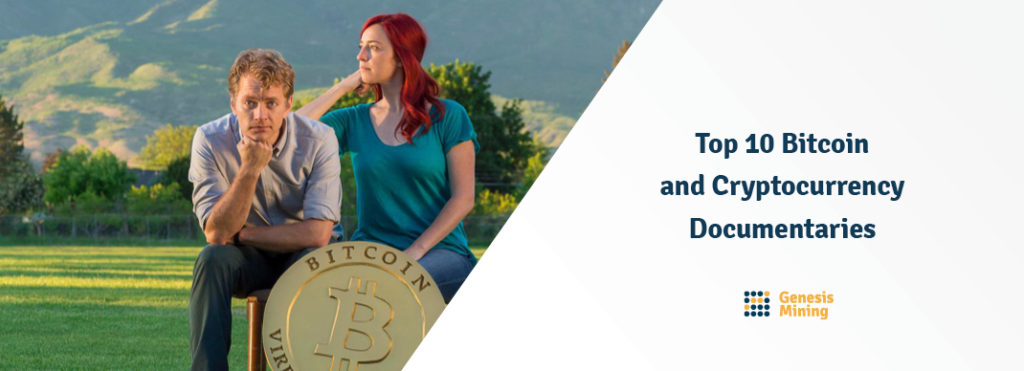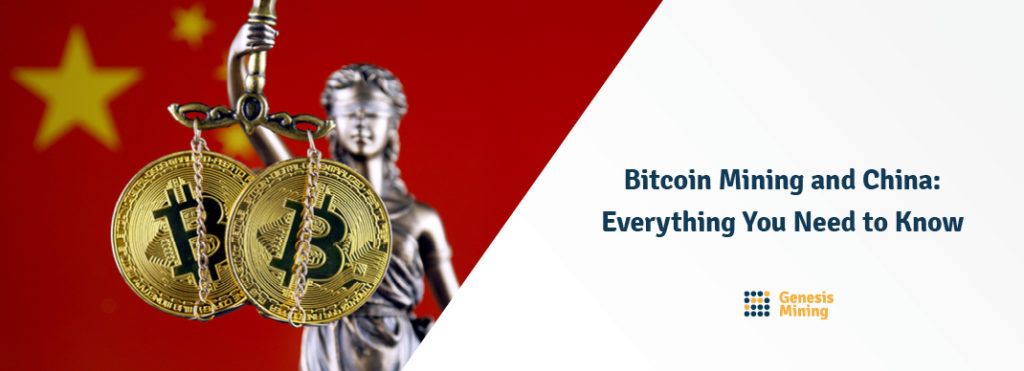We have to acknowledge up front that the whole conversation about increasing the block size is not one of imminent necessity, but more of a theoretical eventuality. It’s a big “what if?” question. And because the bitcoin community loves to spend time thinking about these things, of course it has turned into one of the most important debates in the industry today.
A little background before we dive in. The first thing to note is that, as originally designed, bitcoin had no block size limit. That meant that the vision was for a network that could scale infinitely and process hundreds of gigabytes of information all over the globe. So what happened?
As the network grew out of the “fun experiment” stage and into the “emerging currency” stage, people began to worry that the network could be abused. The blockchain could become loaded down with spam transactions and make legitimate use of the network impossible. To prevent that issue, a rudimentary solution was devised, which was to cap the block size at 1MB. That size in theory allows for seven transactions per second, or at the current average transaction size, about 4.4 tps.
The rift on this issue revolves around two competing ideas for the future of bitcoin. On the one hand are the anti-increase individuals who do not see the need for bitcoin to become a daily transaction platform. Buy your cup of coffee with regular old paper like usual. On the other are those who envision bitcoin becoming a global currency that competes with the largest regulated currencies in the world.
Here are the arguments for and against:
For Increasing the Blockchain Size:
- Good for miners. Bitcoin relies on a well-incentivized community of miners who verify transactions on the network. Proponents of growing the blocksize think that doing so would not dilute the value of processing a block, but would make the total value greater because of the increased number of transactions that could be processed. More transactions = more transaction fees that could be collected.
- Bitcoin will become fringe if it does not grow. Whether or not you believe that bitcoin should become a global payment network or not, the fact is that it will grow to the point where the network is beyond capacity. When that happens, smaller bitcoin users will be priced out by the escalating fees for processing payments, making bitcoin a tool for large businesses, banks, and the ultra-rich. It goes without saying that that is not, and never was, the purpose of bitcoin.
- Increasing the limit changes nothing right away. Remember that we are dealing with an eventuality here. Just because you increase the blockchain limit does not mean that we will all of a sudden use all of that extra bandwidth. Growth will remain incremental as always and the network will have time to grow to meet that demand. This will not exponentially increase the demand on the network overnight.
- Consensus already supports expansion. That in and of itself is a reason in favor of increasing the block size. When most major mining pools, exchanges, and payment providers support a hardfork change, those who refuse to comply will be left on a largely irrelevant chain. A rift like that, especially one caused because users don’t want to adapt to real problems, would be unfortunate.
Against Increasing the Blockchain Size:
- Bigger blocks reduce mining incentive. With the increased capacity comes a lower level of competition to be included in any particular block and as a result, a lower amount that might be paid for any given transaction. This disincentivizes miners to process blocks, which in turn kills the entire network.
- Bitcoin shouldn’t be a global payment system. Those who advocate for growing the blockchain size envision bitcoin being accepted as valid currency at every corner store. That function is not the greatest benefit that bitcoin has to offer and would come at the exclusion of other more meaningful aspects. Since this entire currency is a huge experiment in decentralized money, forcing it to become something that any currency can do is a distraction from the goal.
- Whole community support is necessary. Even if some of the bigger voices in the bitcoin world are in favor of increasing the blocksize, we should be careful about making a hardfork without a very high level of consensus. It is possible to torpedo a hardfork like this by any number of methods making the new fork dysfunctional and irrelevant. It is better to find a solution with a high level of support from all sectors of the bitcoin community.
- Increased centralization. The bigger the network, the larger the processing demand, and the fewer players that will be able to meet it. That means that the network will centralize into a smaller pool of miners, giving a huge amount of influence to a small pool of people. That is antithetical to the founding purpose of the currency.
What do you think? Are there big arguments for or against that you think should be included on this list? What is your opinion: increase or status quo?





